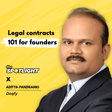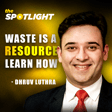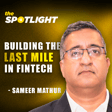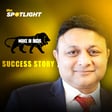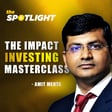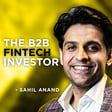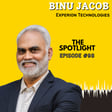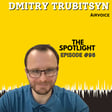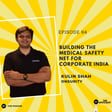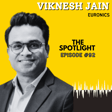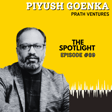
Accelerating Business through Data Analytics.| Prithvijit Roy of BRIDGEi2i Analytics Solutions
We are in conversation with Prithvijit Roy - CEO and Co-founder at BRIDGEi2i Analytics Solutions. BRIDGEi2i is a rapidly growing analytics solution firm based out of India and USA.
In this episode host Akshay Datt talks to Prithvijit about his early childhood days growing up in Calcutta and then later studying at ISI Delhi as a student of quantitative economics. Prithivijit also shares about his corporate work life - working in big large corporations such as GE & HP where he incubated and built two of the largest business analytics services organizations.
Having grown up in an entrepreneurial environment Prithvijit, always had an inclination towards entrepreneurship & starting something of his own. Thus after almost 12 years of solid corporate experience, Prithvijit took the courageous leap of faith and dived straight into the genesis of BRIDGEi2i.
We talk to him about his journey thus far and learn some great insights about maintaining successful co-founder relationships. Especially about dealing with the tough questions - How to decide roles & how to navigate the equity split.
For more such inspiring & intriguing leadership stories visit our website at www.thepodium.in
We are also on Instagram at @thepodium.in and have a Whats app community of fellow entrepreneurs & startup enthusiasts at www.podm.in/growwithpodium
Join us there to stay updated on the latest from The Podium.in
